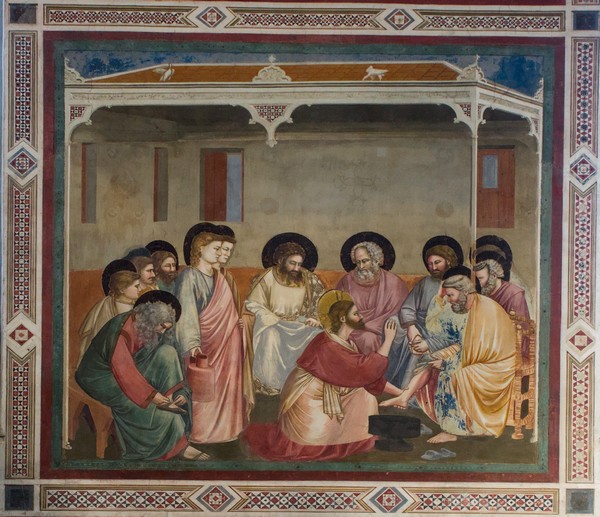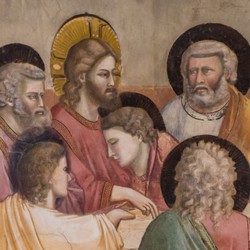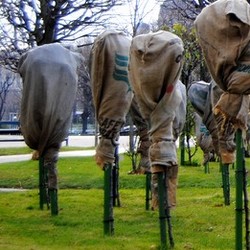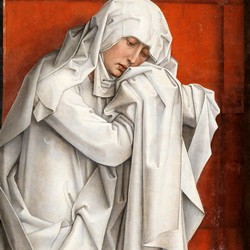
Between 1912 and 1914, Ralph Vaughan Williams wrote his Four Hymns, in three distinct versions: for tenor, viola, and piano; for viola and string orchestra; and for piano and string quartet. They should have been released in September 1914, but the outbreak of the war prevented it, and they were not performed until 1920. All four songs had texts by four different poets with a common theme; as Ursula Vaughan Williams, the composer's wife, put it, they were “romantic poems of divine love and longing”.
For these days of retreat and rest I have chosen the third song, Come, Love, come Lord, with a poem by the 17th-century poet Richard Crashaw, a member of the English metaphysical poetry school. Crashaw was an Anglican pastor who fled to France during the English Civil War, where he converted to Catholicism. Crashaw was greatly influenced by the life and work of Saint Teresa of Jesus, whom he dedicated several poems, and no matter how little we know about her, we will find in the poem of the song echoes of her mysticism. There are only six verses, and before we hear the tenor (in this case, Nicky Spence), a long introduction of the viola and piano (Timothy Ridout and Julius Drake) that lasts almost half of the song creates an intimate atmosphere that will remain until the end. I think Come, Love, come Lord is a beautiful song, and I hope you like it.
I wish you a nice Easter!
For which I languish, come away,
When this dry soul those eyes shall see
And drink the unseal’d source of thee,
When glory’s sun faith’s shades shall chase,
Then for thy veil give me thy face.
















